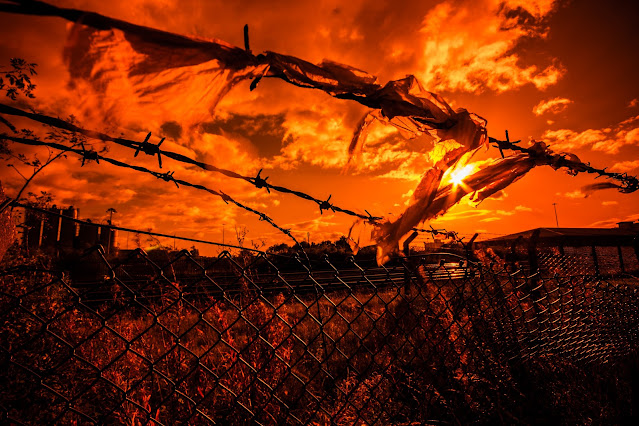When keeping track of plot needs more than pen and paper…
For someone who writes far future high action scifi, I’m quite old school. Very old school. I love writing in a notebook with a freshly sharpened pencil. I love it when my notebooks become so battered, they start to fall apart and I have to glue them together to keep going.
But nine books into a series of complex, interweaving storylines where a one liner in one book becomes of immense importance three or four or five books on, keeping track of everything is getting more and more tricky. Add in a delightful soupy mix of brain fog and fatigue, and I’m finding that my memory is totally addled.
At one point, I forgot the names of my seven corporations.
Not such a big deal until you consider I’ve been writing about this universe and
those organisations for over thirty years. Last year I spent three full days trawling
through books and notebooks trying to track and account for a single item.
Early on, I used to use listed timelines where I’d correlate all significant events against each other. That was cool. Especially sticking on new sheets of paper each time and concertina-ing it all back into the notebook.
When that got a bit unwieldy, I stuck a huge piece of brown paper on the wall and scribbled a massive single timeline, stretching from Derren Bay pre-Kheris through to the end of Book 7, with all the splinter timelines coming off it for Sean, LC and Hil. That was also cool and is still on the wall.

But after taking a break to wrap up LC’s three stories with Defying Winter, starting to work on the next big book was increasingly intimidating, never mind the fact it’s NG. I have pages of half-legible notes and lists, detailing stuff I need to deal with still, loose threads, questions that are still hovering, people I want to catch up with and places I want to revisit.
I tried using an online wiki and offline spreadsheets to list out names and details of colonies, ships and alliances but must admit that effort was half-hearted at best.
My turning point was to mention my dilemma to a couple of people
I happen to know. There’s software, they said. And so now my list is more
complete than ever thanks to an intense few months of crawling through every
book, page by page and entering every scrap of information into a data analysis
tool with the help of a rather awesome data analyst.
It’s like having a huge murder wall pasted with photographs and news clippings, with interlinking and crisscrossing red strings everywhere, but on a screen that lets you change the central focus of interest, be it a person, far flung colony, deep space warship or object, and spin all the data accordingly… across the whole galaxy, across time, and with big red markers for the bad guys. It’s super cool.
Disturbingly, people who have died are marked with a little
red x… that was difficult at times.
Now when anyone asks how I keep track when writing such a huge complex story, I have an answer. I still use my pencil and paper lists, but now I have data analysts to hand when I get stuck or if I need to know who was commander on which ship in what battle…
ps. HANOVER (Thieves’ Guild Origins: LC Complete Trilogy) is out now in paperback, hardback and Kindle, featuring Kheris Burning, Beyond Redemption and Defying Winter, but with Spacey’s complete story in between and a sneaky peek at Hil’s first book, Temerity, which takes place during Book 7.
pps. If everything goes to plan, we’ll be at Sci-Fi Scarborough this weekend and Kapow in Stockton on Tees in July. After that…? We’ll see. Hope to see you around somewhere xx





Comments
Post a Comment